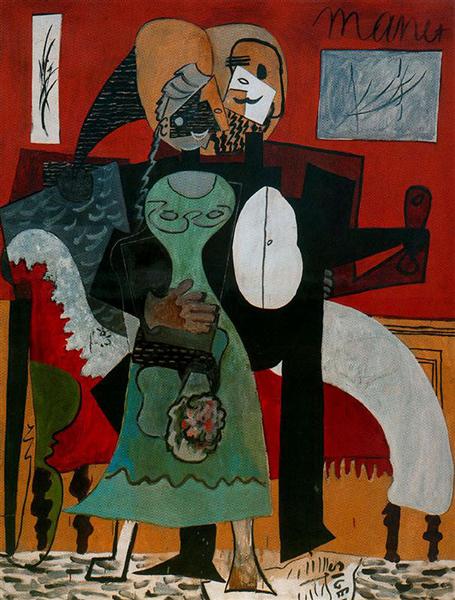
It seems that marital problems are a stranger to no one. As are poor sexual relations. Is this a reality that we should settle for?
A couple is more than the addition of two people: it is an entity in itself with its own emotional character. It has to be taken care of accordingly. Partners are sensitive, vulnerable, and insecure. Nothing is to be taken for granted.
Our ability to build an intimate relationship is first and foremost the reflection of what we absorbed in our parents’ home. We use the tools we developed at home whether we are aware of it or not.
Intimacy is the key word to create a quiet, peaceful, but also a sensitive and emotional attachment to each other. It has many forms of expression – sexuality is one of them. Intimacy is created through three principles: leadership, communication and generosity.
Communication, for example, is a skill in itself: it is important to know how to listen but it is equally important (and perhaps even more so) to be able to say what we want. A legitimate request expressed badly (in an unclear or aggressive manner) can harm a marriage. Clear, positive dialogue leads to mutual respect, generosity and support.
Even a difficult relationship can become progressive, that is, support the couple in their aspirations and not give the individual the feeling he is trapped or invisible.
Marriage is the meeting of two private worlds that have connected. For this reason, I receive the couple separately, as opposed to the conventional practice.
I don’t think it is the therapist’s role to serve as a witness to quarrels as they happen at home, the therapist is neither a police officer nor a judge. Any personal exposure (whether to the therapist or the spouse) is a delicate and complex matter. Therefore, they should not be exposed in their most intimate places; their dialog must be mediated so they can succeed in making profound changes within their intimacy.

